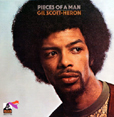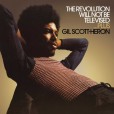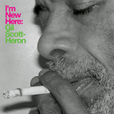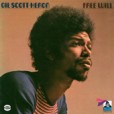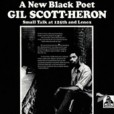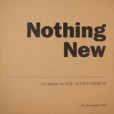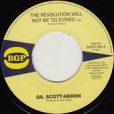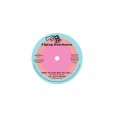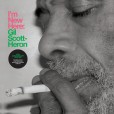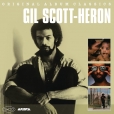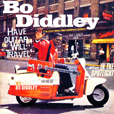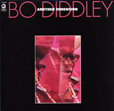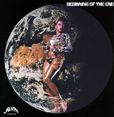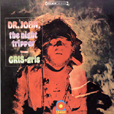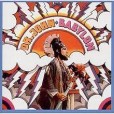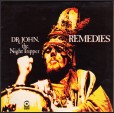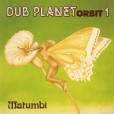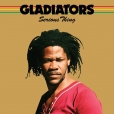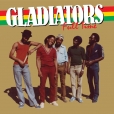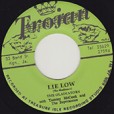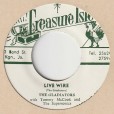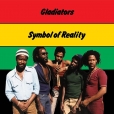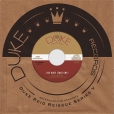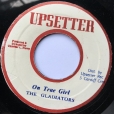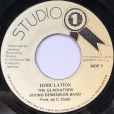Your basket is empty

His third LP, following up Pieces Of A Man in 1972. One side of collaborations with Brian Jackson; the other, spoken word.
Adding alternate versions, the CD runs through the entire tracklisting twice.
The more expensive LP is newly remastered — all-analogue style, from the master tapes.
An expanded version of the album, adding two unreleased tracks — a cover of Richie Havens’ Handsome Johnny and a previously unheard Scott-Heron song, King Henry IV — as well as a selection of other recordings from the original sessions only previously available on a rare, deluxe LP edition.
Real Eyes, Reflections, Moving Target.
Almighty God himself, with two prime Checkers, and five extras. Have Guitar is just awesome stuff. You don’t know diddley if you don’t know Diddley.
‘After Gris-Gris, Dr. John found himself in a strange and awkward position. The US was deep into the Vietnam War, and the assassinations of Martin Luther King Jr. and Bobby Kennedy were fresh in the public memory. On top of that, Dr. John was being pursued by various Los Angeles authorities for a handful of criminal offenses. It was, in his own words: “a heavy time for me.”
‘Much like Sly Stone’s There’s A Riot Goin’ On, Dr. John’s sophomore album Babylon would be a reflection of the chaotic and tumultuous time that he was living in. He and the band dove deeper into the voodoo-inflected psychedelic rock and R&B of Gris-Gris, while touching upon elements of free jazz and Captain Beefheart-style avant garde. As with his debut record, production was handled by the legendary Harold Battiste, and much of the same session personnel returned for Babylon, including Plas Johnson on saxophone, Alvin Robinson on guitar, and backing vocals from Jessie Hill, Shirley Goodman, and Tami Lynn.
‘Babylon stands out as one of Dr. John’s most overtly political albums, and is a singularly murky and darkly entrancing record in his discography. A psychedelic swamp of apocalyptic songs and drunk, disorienting experimentation, not repressed on vinyl in over forty years.’
Very early Glads, from 1967, seemingly pre-Albert Griffiths — and a killer Tommy McCook instrumental. Both previously unreleased Duke Reid productions, when Trojan was properly trojan; by way of Japan.
Sweet rocksteady — expertly arranged, with boss guitar, horns and harmonies.
“We’re going to put it on… we are loaded… (long pause)... with soul music.”
